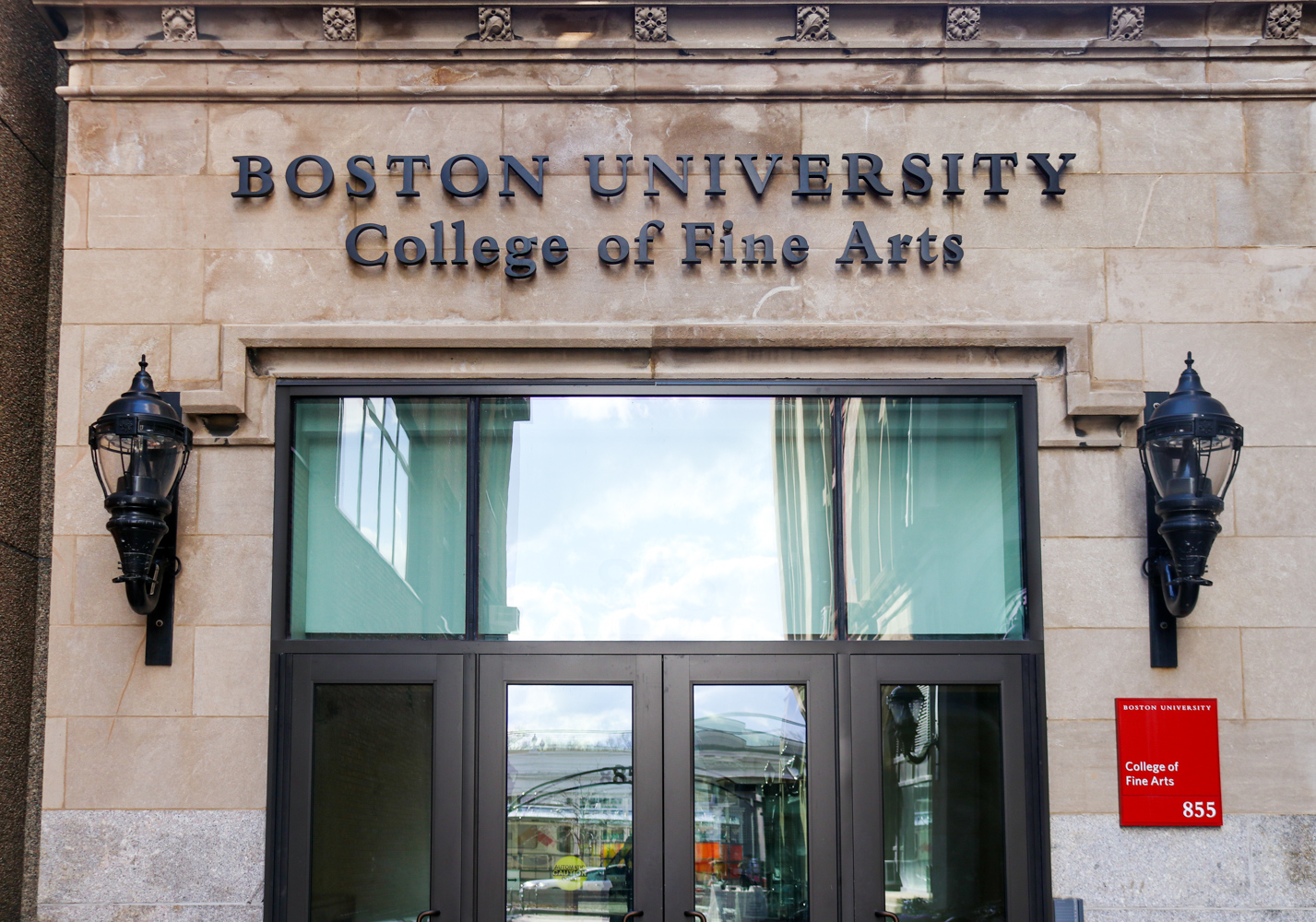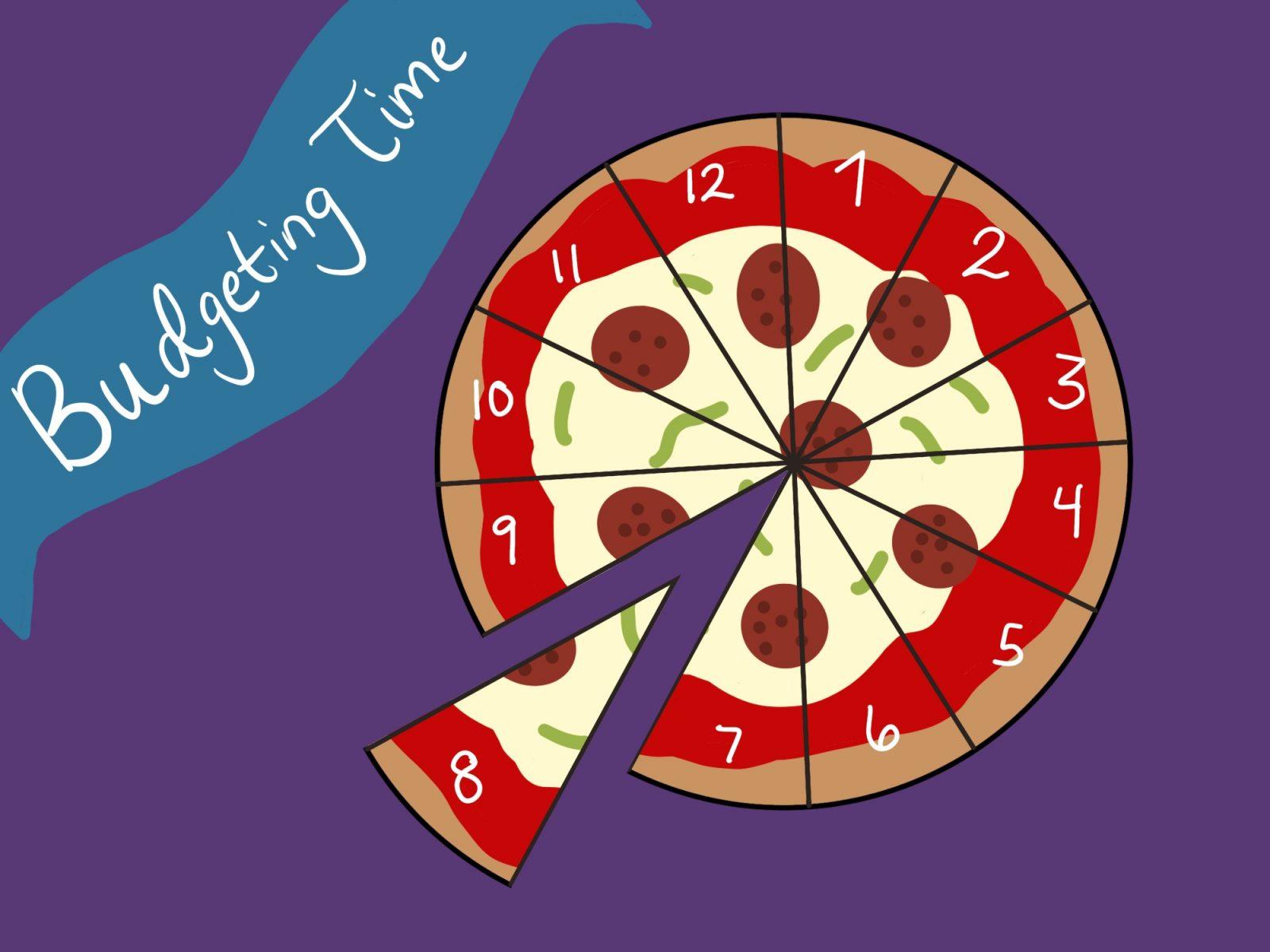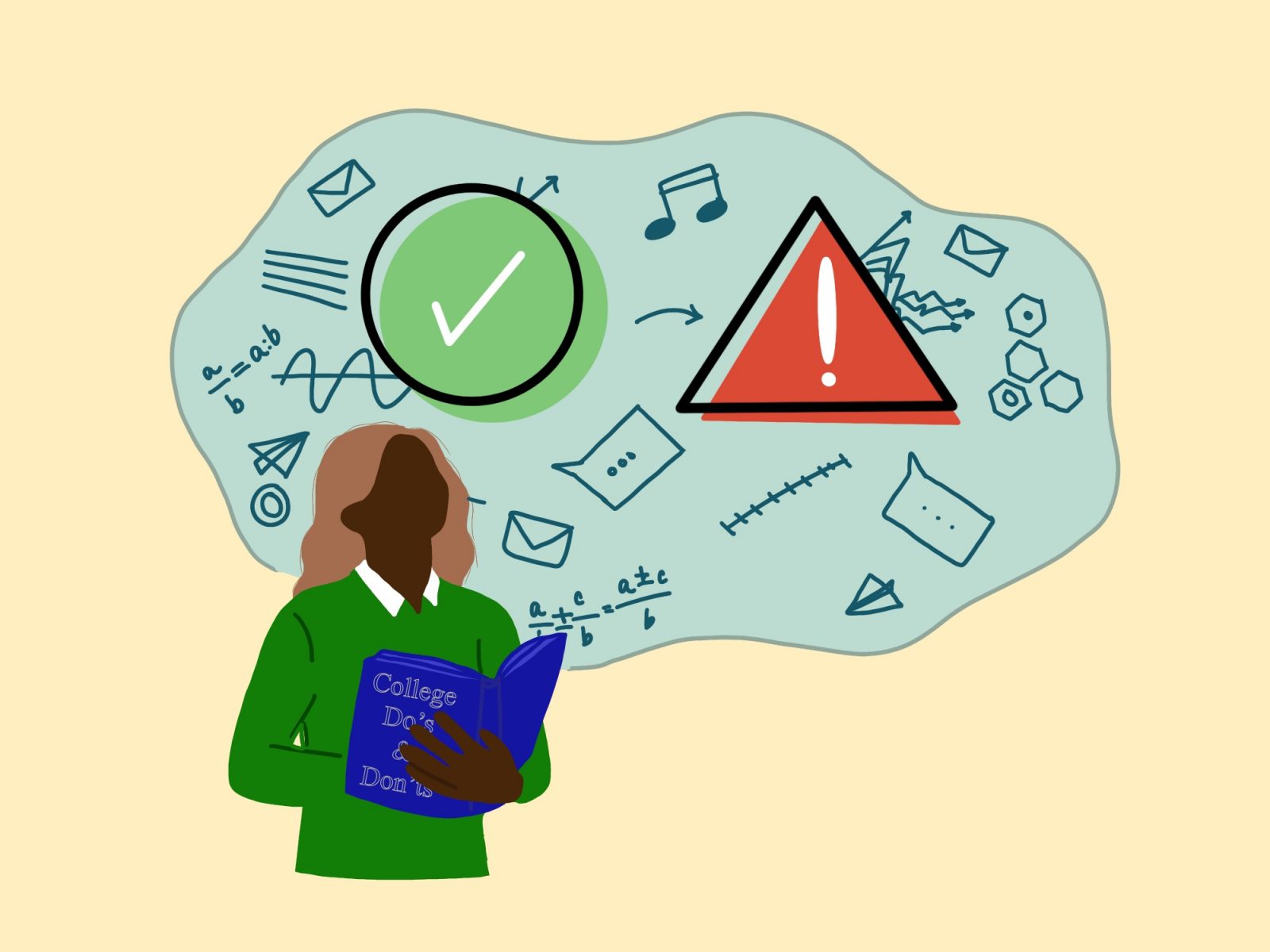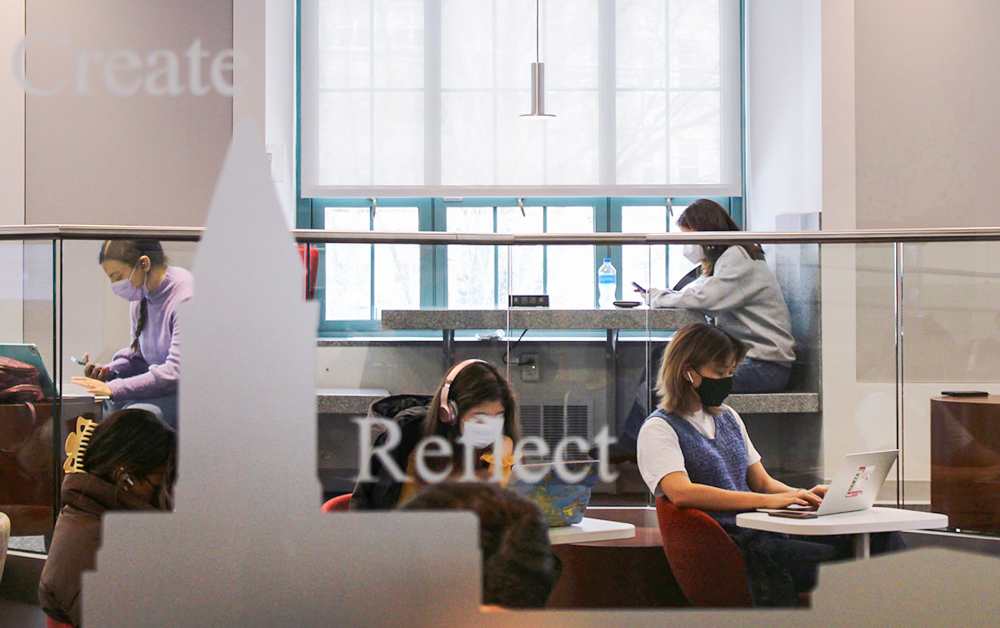While recent studies predict a forthcoming decrease in enrollment in higher education across the country, particularly in the northeast, some Boston University students said they feel BU will experience little change, if any.
Jason Lane, director of education studies at the Nelson A. Rockefeller Institute of Government at the University at Albany, State University of New York, released a report Wednesday analyzing the future of higher education and possible decreases in enrollment based on two recent studies.
“The number of high school graduates will decline in the coming two decades, particularly in the northeast,” Lane said in the report. “Many colleges and universities are going to struggle to maintain their share of high-school graduates. In fact, those institutions that don’t learn to adapt to the new reality will likely close doors by the end of the decade.”
Both a January college enrollment forecast by Moody’s Investors Service and a December high school graduation rate prediction by the Western Interstate Commission for Higher Education predicted declines in the foreseeable future.
Researchers predict a 2-percent drop in public and private high school graduates between the 2008-09 and 2019-20 school years. The Northeast’s rates could drop as much as 7 percent, according to the WICHE report.
Lane said in the report the predicted decrease in graduation rates will directly affect colleges nationwide.
Despite Lane’s predictions of enrollment, BU received a record-breaking 52,532 applications for the fall 2013 semester. This marks a 19.3 percent increase from 2012, according to a previous Daily Free Press article.
Patricia Rieker, a BU sociology professor, said these predictions could be attributed to rising college costs around the country and to the U.S.’s current financial recession.
“Lots of middle class families are struggling,” she said. “It’s a combination of people having lost some of their ability to pay, and at the same time higher education is more expensive.”
However, Rieker said while American college students may enroll in fewer numbers in the coming years, international students will not.
“BU is a very expensive school,” Rieker said. “But BU takes in a large number of
international students. If there’s ever a drop off in American students, it gets made up.”
Rieker also said state schools may be increasing efforts to improve the education they offer.
Several BU students said BU’s prestige will prevent it from suffering due to lower high school graduation rates.
“BU has enough appeal to keep growing,” said Michael Lyons, a College of Arts and Sciences sophomore. “It’s rated seventh in the nation for employability [in the 2012 Global Employability Survey], and I think that’s enough for just about anybody that wants to apply to college.”
BU graduates were ranked the seventeenth most employable internationally and seventh most employable domestically ahead of schools such as Brown University and New York University, according to a survey published by The New York Times in October.
“I think the cost might hurt us at BU, but at the same time, it is a prestigious school,” said Merry Richter, a CAS freshman. “The [university’s rank in the 2012 Global Employability Survey] is definitely a huge, huge draw as well, because that’s what people want to get. They need to get a good job after college.”
Richter said students motivated to go to specific colleges would be more likely to pursue distant options than students who cared less about the prestige and quality of their school.
“The kids who just barely graduate [from high school] and don’t really want to go to college…tend to go to [public] state school, because it’s cheaper,” Richter said. “In order to go to a private institution like BU, you have to want to go, so I don’t think BU will see much of a difference.”
Se June Han, a College of Communication freshman, said BU’s quality and location will cushion it against lower enrollment rates.
“The research is really strong here,” Han said. “It’s also close to other universities, so it’s really easy to get other opportunities for a lot of college students.”

























































































































